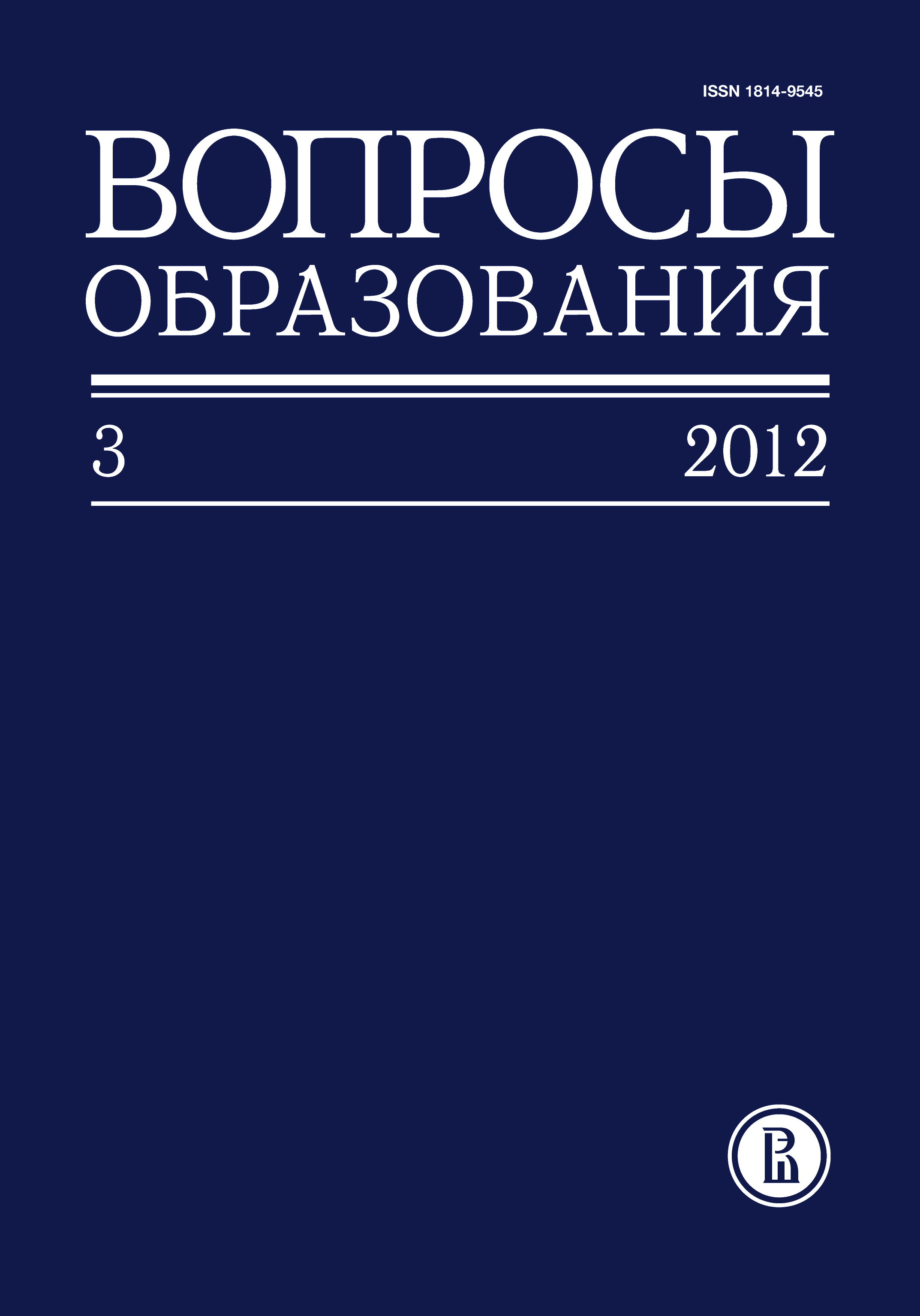Collage as a Way to Reconstruct the History of Education
Abstract
Elena Penskaja, D.Sc. in Philology, Dean of the Faculty of Philology, Head of the Literature Department, National Research University — Higher School of Economics, Moscow, Russian Federation. Email: e.penskaya@hse.ru
The paper reviews the methods used to describe historical processes in education and analyzes examples of historical material falsification.
The lack of qualitative studies in history of Russian education is a great hindrance to educational reforms. The author identifies and describes the key approaches to analyze the history of Russian education that are largely based on modernization processes: the hermeneutic approach, the anthropological pass-through approach, and the conventionally impressionist approach. The prevailing trends in research of the history of Russian education are analyzed using the dilogy on the life journey of Yuliya Fausek (née Andrusova), where all the abovementioned approaches are used to represent the same historical material from different perspectives.
The author describes cultural and historical background for the adoption of two European preschool education philosophies, Froebel’s and Montessori’s, in the early 19th century in Russia, and specifies their fundamental principles that formed the basis for ideological antagonism among Russian adherents. She also investigates biographical prerequisites for Yuliya Fausek’s commitment to Montessori’s theory and describes the tragic effects of her activities on disseminating teaching policies inconsistent with the communist ideology.
By analyzing the publishing and research practices applied in the book, the author describes typical perversions of facts. The technique of collaging archival data to reproduce historical experience may easily be turned into manipulation of history presented to reader as a trustful source. Basic navigation tools are offered to facilitate browsing through the products that fill the market of history and education today.









